Thinking the Image Seminar
February 17-18, 10am-12pm and 2pm-4pm
Goethe-Institut Auditorium
The Thinking the Image Seminar reaches its third edition at the 15th Cine Esquema Novo — Brazilian Audiovisual Art. Curated by Gabriela Almeida, the activity aims to debate aesthetic experiences, images, and the geopolitics of attention. It shifts the discussion from apocalyptic discourses on the ethical, aesthetic, and biopolitical impacts of the platformization of various spheres of life to the search for some lines of flight that may allow a productive clash in thought and dissent with and against the attention economy.
This is not about denying apocalyptic discourses — especially at a time when the globalized ultra-liberal far right is unabashedly exposing its plans for autocratic expansion in politics, communication, and information — but of questioning what aesthetic experiences, images, and we can do with them in the face of the impasses, challenges, and moralizing prohibitions posed at this time.
The seminar proposes four axes of debate with guests who will make short interventions to provoke a collective conversation with the audience, including registered people, directors showing works at the festival, and the event’s curatorial and production team:
- To think about the geopolitics of attention: attention and distraction
Gabriela Almeida and Juliano Gomes
- To think about images’ politics: contradictions of visibility policies
Ana Leticia Schweig and Juliana Costa
- To think about fiction: spectatorship and identification
Fernanda Nascimento and Leonardo Bonfim
- To think about fiction, images’ politics, and attention: discomfort, comfort, and pleasure
Ana Moura and Lennon Macedo
Please register at: https://doity.com.br/seminario-pensar-a-imagem-cen
A certificate will be issued to participants hropologist, researcher, art director, and producer. She is a social scientist (UFRGS) with a master’s in Social Anthropology (2018) from the same institution. She has been working with Indigenous people since 2012. She is co-creator and producer of the collective Tela Indígena (since 2016), which conducts audiovisual productions, film screenings, and educational activities with Indigenous filmmakers. Ana Letícia is a Research Group on Practices Ecology (GPEP-APPH) member. She currently works as an art director and motion designer.
Speakers
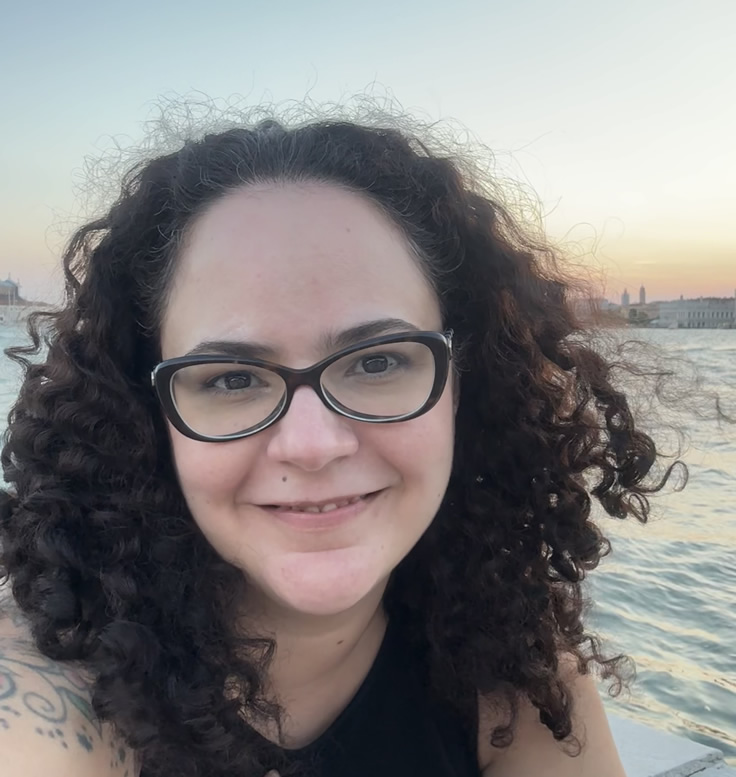
Gabriela Almeida is a full professor and researcher in the Postgraduate Program in Communication and Consumption Practices at ESPM-SP (PPGCOM), where she coordinates the research group Sense — Communication, consumption, image, and experience. She holds a PhD in Communication and Information (UFRGS, 2015), with an internship at the Universidad Autónoma de Barcelona (UAB), and a master’s in Communication and Contemporary Culture (UFBA, 2009). She is vice-coordinator of the Communication and Aesthetic Experience GT at Compós. She was a board member of the Brazilian Society of Cinema and Audiovisual Studies (SOCINE) and editor of the Brazilian Journal of Cinema and Audiovisual Studies (REBECA, SOCINE).
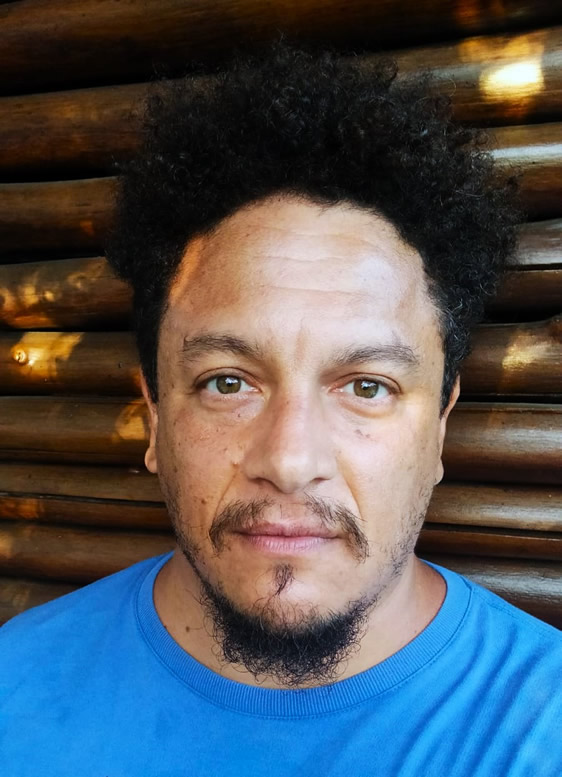
Juliano Gomes is an art critic, director, curator, and professor. He has a degree in Communication (PUC-Rio) with a master’s in Communication (ECO-UFRJ). He teaches at FAAP’s Cinema School (SP) and has been an editor at Cinética Magazine since 2009. Since 2009, Juliano has written articles for Revista Cinética. He was part of Sheffield Doc Fest’s selection committee (2020 and 2021). Juror of DocLisboa (2019), RIDM Montreal (2022), Brasília Festival (2022), Forum Doc BH (2021), Mostra Tiradentes (2019), FBCU (2012), Cachoeira Doc (2014), Festcurtas BH (2014), and Fronteira Festival (2015). He has published articles in Film Quarterly, World Records Journal, Folha, Piauí, Filme&Cultura, and several catalogs. Juliano has also led the Kinetic Session at IMS since 2009. He directed the short films “…” (2007) and “As Ondas” (2016) with Léo Bittencourt. He also directed “Nada haver” (2022). He shared with Léo Bittencourt the cinematography of the short film “Vagalumes” (2021), a nominee for the ABC photography award.
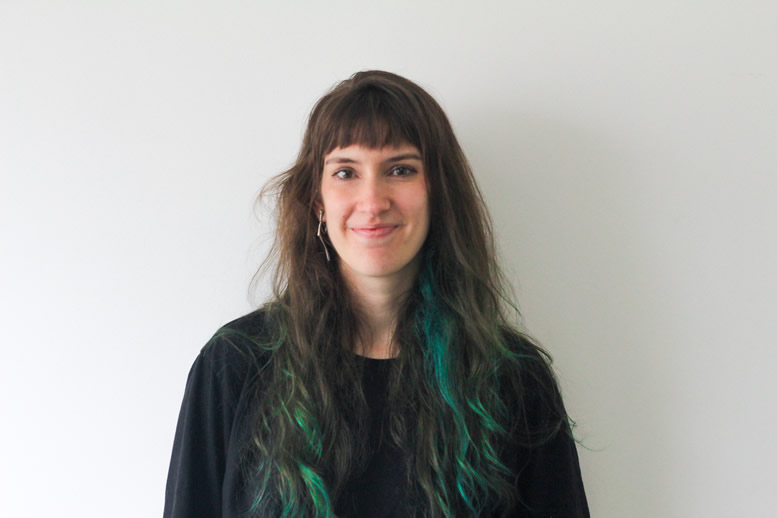
Ana Leticia Meira Schweig is an anthropologist, researcher, art director, and producer. She is a social scientist (UFRGS) with a master’s in Social Anthropology (2018) from the same institution. She has been working with Indigenous people since 2012. She is co-creator and producer of the collective Tela Indígena (since 2016), which conducts audiovisual productions, film screenings, and educational activities with Indigenous filmmakers. Ana Letícia is a Research Group on Practices Ecology (GPEP-APPH) member. She currently works as an art director and motion designer.
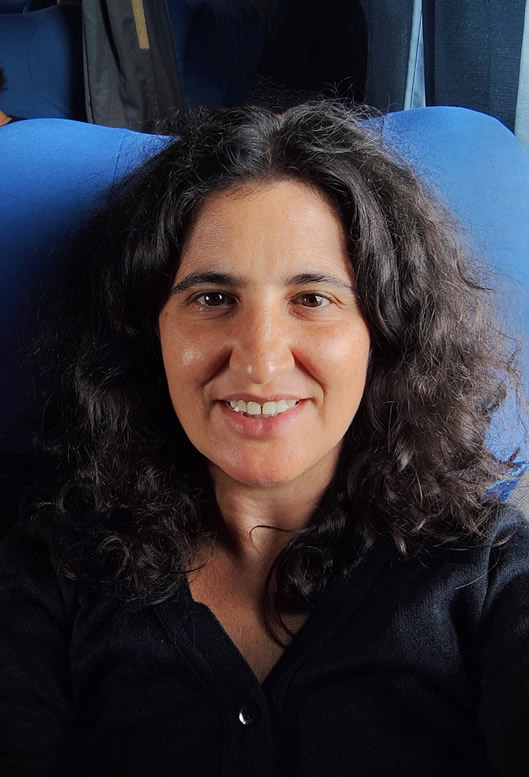
Juliana Costa is a cinephile, cineclubber, and feminist. She enjoys experience and experiments and teaches and writes about cinema and the world. Juliana is a film critic, programmer, and researcher with a PhD in Social Communication (PUCRS) and a master’s in Education (UFRGS). She is also an editor of Zinematógrafo, a printed film review fanzine, and of Abismu Magazine, and has published texts in several national and international magazines such as Filme e Cultura and Belgian magazine Fantomas. She has participated in juries and selection committees for film festivals and is currently part of the feature film curatorial team at Mostra de Tiradentes. Furthermore, she coordinates the Audiovisual Literacy Program, an educational project at Cinemateca Capitólio.
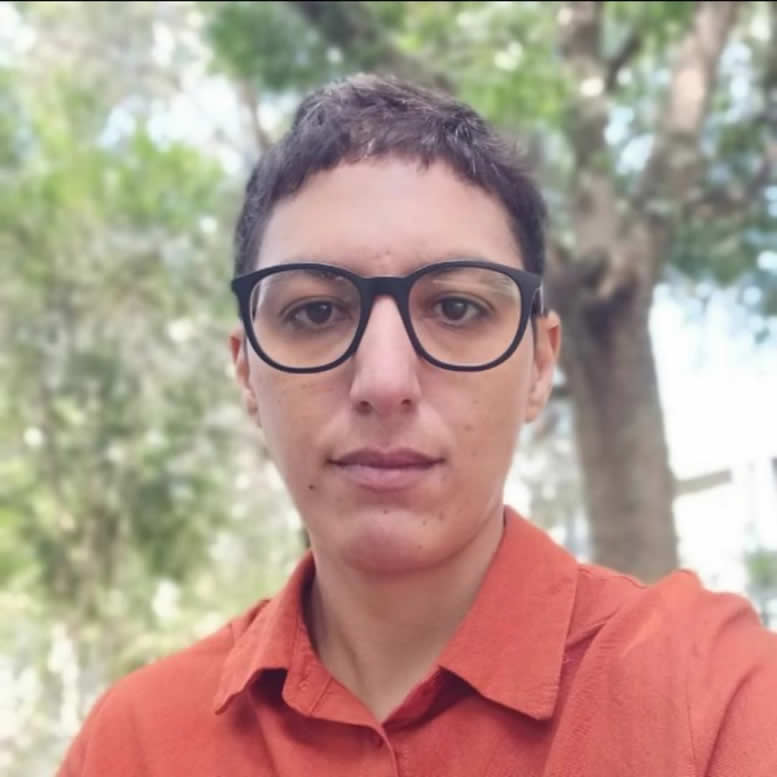
Fernanda Nascimento is a journalist and assistant professor at the School of Communication, Arts and Design (FAMECOS) at PUCRS. She holds a PhD in Human Sciences in the field of Gender Studies (UFSC/SC) and a master’s in Social Communication(PUCRS).
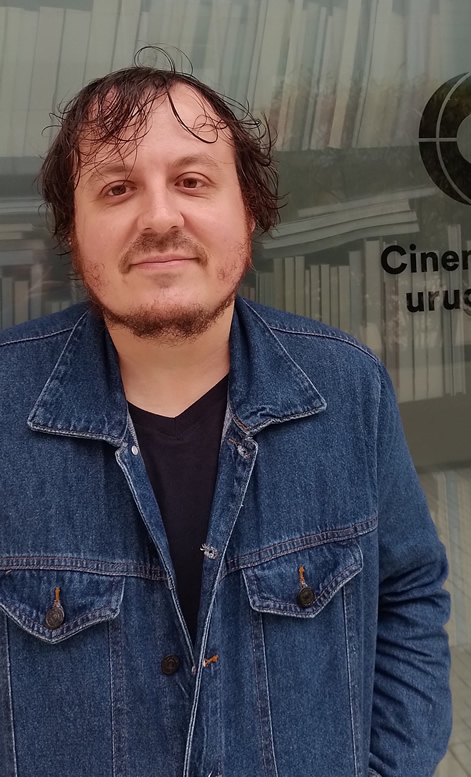
Leonardo Bonfim was born in Rio de Janeiro in 1984. He has been the programmer at Cinemateca Capitólio since 2015, a film archive managed by the City of Porto Alegre in Rio Grande do Sul. At the institution, he developed programs in partnership with world archives such as Arsenal – Institute for Film and Video Art E.V (Germany), Eye Filmmuseum (Netherlands), Cineteca di Bologna (Italy), Anthology Film Archives (United States), Národní filmovýarchiv (Czechia), and Norwegian Film Institute (Norway). He participated in the programming team of important Brazilian festivals such as Gramado (2018-2024), Brasília (2018, 2024), Olhar de Cinema (2021), and wrote articles for several publications such as Teorema (Brazil), Archive Prism (South Korea), La Vida Útil (Argentina), and Cahiers du Cinéma (France).
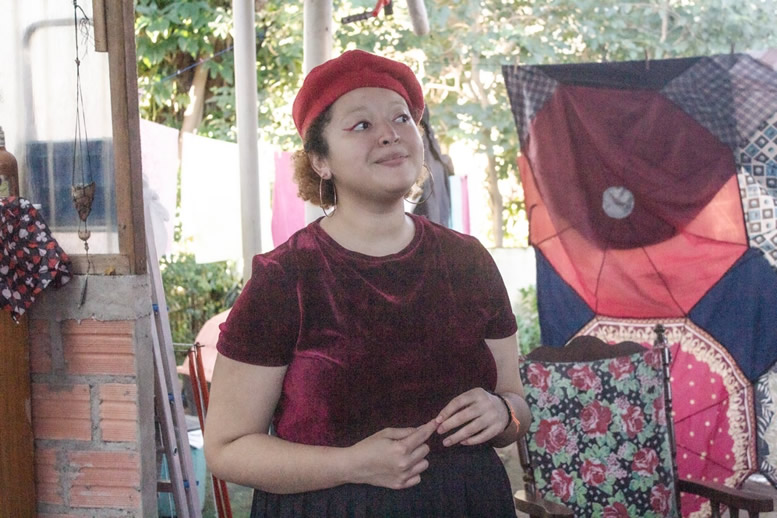
Ana Moura is an audiovisual director with ten years of experience in the field. Her trajectory began in journalistic and documentary production within UFRGS TV, throughout her degree in Advertising and Propaganda. Her interest in telling stories and revealing reality led her to develop research on character construction in documentary films. She is a screenwriter, director, and assistant director on projects with Black protagonists. In 2021, she was a researcher on the short documentary project “Odilon Lopez: Essência, Semente, e Luz.” In 2022, she wrote the script for “Samba às Avessas,” directed by Gautier Lee. The same year, she produced her first short film, “Flora,” which premiered at the 51st Gramado Film Festival. In 2023, she was 1st AD for the documentary Casa de Cinema Virgínia e Adelaide, to be released in 2025. She is working on the post-production of her second short film, Luz sobre o Rio.
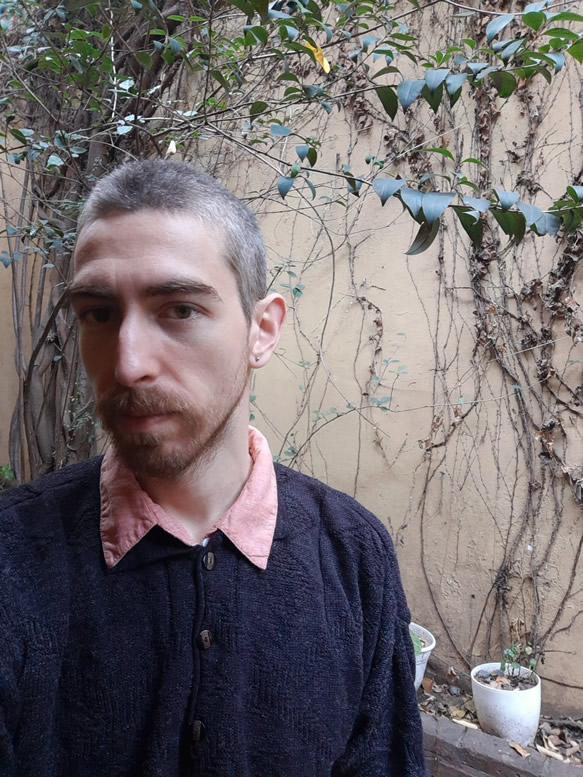
Lennon Macedo is a professor and researcher. He has a PhD in Communication (UFRGS) and participates in the Research Group on Semiotics and Communication Cultures (GPESC) and Associação de Pesquisas e Práticas em Humanidades (APPH). He is also a member of the film critic fanzine Zinematógrafo and the graphic art collective Selo Manada in Porto Alegre.
